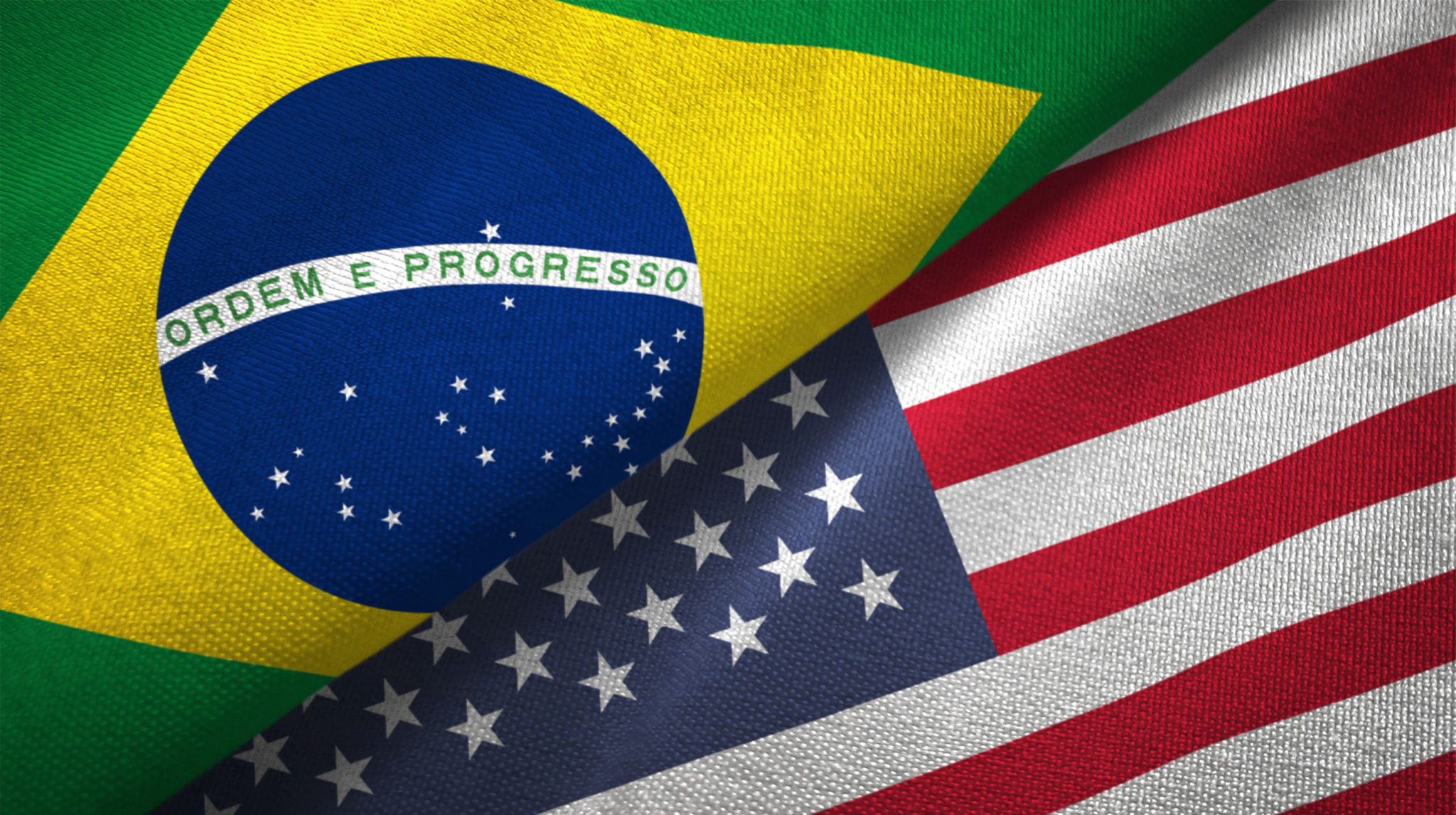Building Strong US-Brazil Trade Partnerships: A Comprehensive Guide
Understanding the Current US-Brazil Trade Landscape
The trade relationship between the United States and Brazil is both robust and dynamic. As two of the largest economies in the Americas, they share a mutual interest in expanding economic ties. The bilateral trade between these nations encompasses a wide range of sectors, including agriculture, manufacturing, and technology. Understanding the nuances of this partnership is crucial for businesses looking to leverage opportunities in these markets.

As of recent years, the trade balance has shown significant growth, with both countries exporting and importing various goods. Key exports from the US to Brazil include machinery, mineral fuels, and aircraft, while Brazil exports iron ore, soybeans, and coffee to the US. This diverse trade portfolio underscores the importance of fostering strong relationships and understanding market needs on both sides.
Identifying Opportunities for Growth
Identifying new opportunities within the US-Brazil trade framework requires a keen eye for emerging trends and sectors. One area ripe for growth is the renewable energy sector. Brazil's commitment to sustainable energy and the US's advanced technological capabilities make this a promising area for collaboration.
Additionally, the rise of e-commerce and digital services presents another significant opportunity. With Brazil's growing internet penetration and consumer base, US companies specializing in digital services can find fertile ground for expansion. Aligning with local partners can facilitate smoother market entry and compliance with local regulations.

Navigating Regulatory Challenges
While opportunities abound, navigating regulatory challenges is a critical step in building strong trade partnerships. Both countries have their own sets of regulations that can impact trade activities. For instance, understanding Brazil's tax system and regulatory environment is essential for US businesses seeking to enter the market.
Engaging with local legal experts and consultants can provide valuable insights into compliance requirements. This collaboration ensures that both US and Brazilian businesses can operate smoothly, adhering to all legal frameworks while maximizing their trade potential.
Building Effective Partnerships
Effective partnerships are built on trust, mutual respect, and a clear understanding of shared goals. Businesses looking to establish or strengthen their presence in US-Brazil trade must prioritize building relationships with stakeholders in both countries. This involves regular communication, cultural sensitivity, and a willingness to adapt to local business practices.

Establishing joint ventures or strategic alliances can be a powerful way to enhance market reach and operational capabilities. By partnering with local companies, businesses can benefit from established networks, local expertise, and shared resources. This collaborative approach is often instrumental in overcoming market entry barriers.
Leveraging Government Support
Both the US and Brazilian governments offer various programs and initiatives to support bilateral trade. These can include trade missions, financial incentives, and informational resources aimed at facilitating international business activities. Companies should actively seek out these programs to gain additional support in their trade endeavors.
Engaging with trade associations and chambers of commerce can also provide valuable networking opportunities and insights into market trends. These organizations often serve as a bridge between government initiatives and private sector interests, ensuring that businesses are well-equipped to navigate the complexities of international trade.